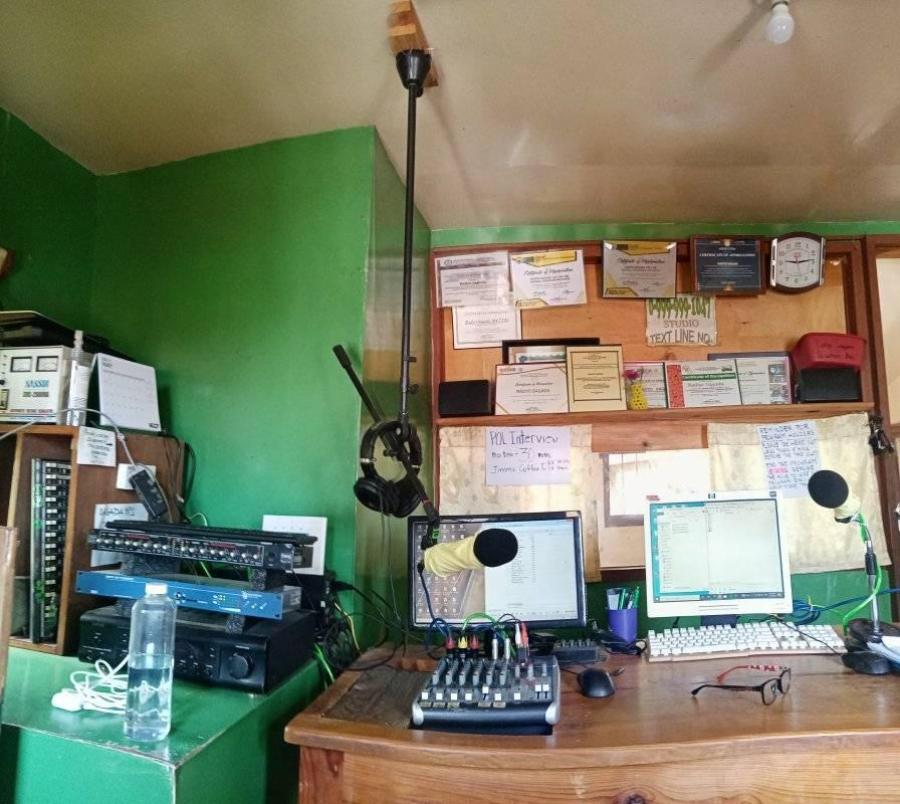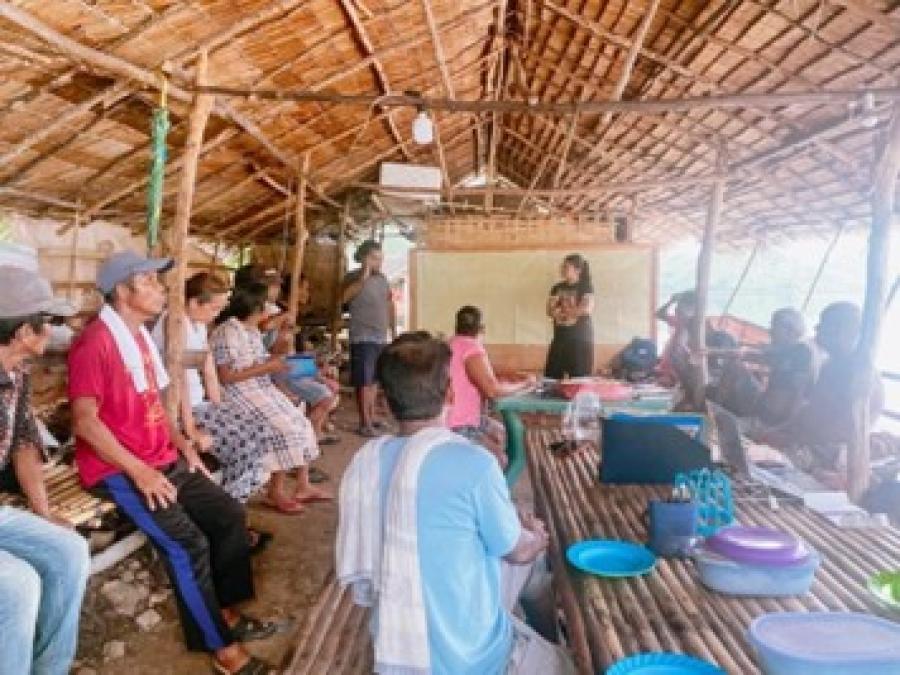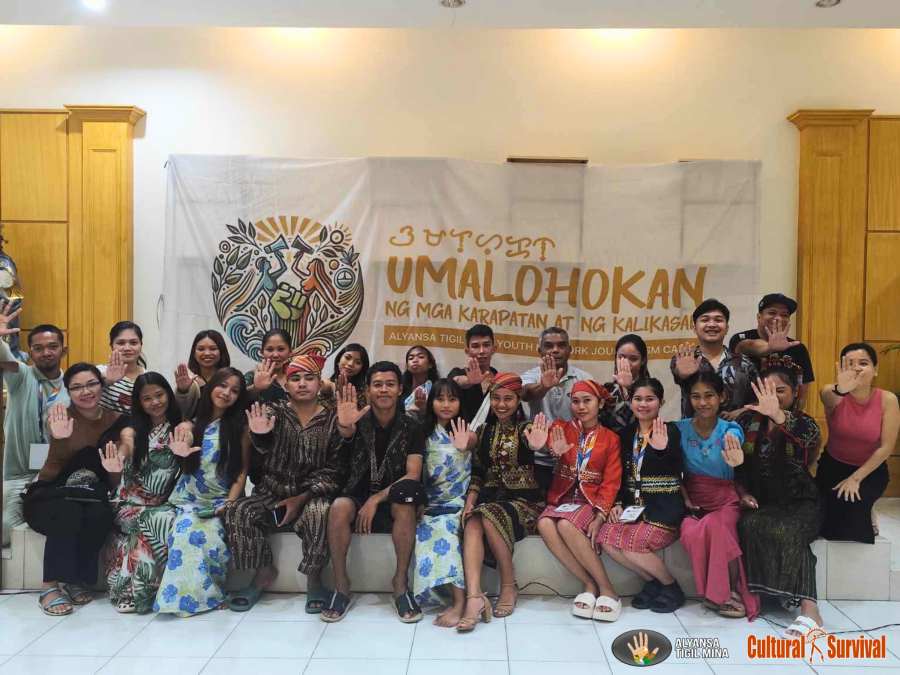The following letter from Christopher Louie Ocampo, of the Commission on Human Rights, Philippines, was sent to Cultural Survival's campaign partner Jeff Nettleton, of the organization PIPlinks. The letter announces the Commission's resolution that Australian OceanaGold Philippines Inc (OGPI) has violated human rights in Dipidio.
..................................................
Dear Mr. Nettleton and Mr. Magbanua,
This is in response to your letter dated 14 January 2011 requesting for the expedition of the release of the Commission on Human Right’s (CHR) findings with respect to the human rights situation in Barangay Didipio, Kasibu, Nueva Vizcaya.
As you already know, Chairperson Loretta Ann P. Rosales assumed office only on September 1, 2010. Upon being informed about the Didipio case, she prioritized its resolution as she had recognized the case had long been pending with the Commission.
A draft Resolution on the Human Rights Situation in Didipio was put on the agenda in December 2010. After thorough consideration by the Commission en banc, the CHR issued a resolution dated 6 January 2010, [sic] and made the following findings:
1. OGPI violated the Right to Residence, the Right to Adequate Housing and Property Rights of several residents in Didipio when it forcefully evicted them without a valid court order and without provision for adequate relocation, as required by law. As this Commission has advised previously, demolitions must be conducted in a just and humane manner. While demolitions may be legally justified under certain situations, in no instance should the deprivation of one’s shelter be done in a manner that robs a person of his dignity.
2. OGPI violated the Right to Freedom of Movement and the Right not to be subjected to arbitrary interference with the Home of the people in Didipio. OGPI violated these rights when it introduced perimeter fences around the Project Area and set up checkpoints at its chosen entry and exit points. The Commission observes that the perimeter fences were introduced in conscious disregard of the rights of the residents of Didipio. No genuine consultation of the residents was ever had as to the construction of said fences, much less as to its location. At the very least, OGPI should have observed the basic principles of participation and transparency if it really intended to respect the rights of the residents in Didipio.
3. OGPI violated the Right to Security of Person of the people in Didipio. OGPI is largely responsible for the precarious situation in Didipio given that it controls and supervises its security forces who openly carry weapons and intimidate the people. The situation in Didipio constitutes a continuing threat to the security of persons of the people in Didipio because it exposes them to constant uncertainty – to an incessant fear that something untoward might happen to them, their family or their properties. Rightly so, the local government units in the area expressed grave concerns that the situation would lead to breakdown of peace and order in the province.
4. OGPI violated the indigenous community’s Right to Manifest their Culture and Identity. Certainly, the impact of OGPI’s demolitions is irreducible to the physical dismantling of the residents’ houses. In demolishing the houses of indigenous peoples in Didipio, OGPI effectively precluded them of the right to enjoy, manifest and celebrate their culture in community with their indigenous group. It irreparably impaired the conditions by which the Ifugaos of Didipio, in harmony with their land and each other, previously practiced Ifugao culture, traditions and way of life.
5. OGPI has not violated the right to water of the people in Didipio. However, the Commission advises OGPI to exercise great prudence and extraordinary diligence should it continue on its plan to utilize Didipio’s water resources for large-scale mining purposes, lest it will prejudice the people’s right to sufficient, safe, acceptable and accessible water.
6. The PNP violated its Operational Procedures during a demolition incident in Didipio by carrying high-powered firearms and by applying unnecessary and unreasonable force.
In light of these findings, the Commission has RESOLVED UNANIMOUSLY to take the following actions:
1. Recommend to the government under the new administration to consider the probable withdrawal of the FTAA granted to the foreign company in view of the gross violations of human rights it has committed;
2. Require all concerned agencies, particularly the NCIP, the DENR-MGB, the PNP and the AFP, to submit reports to the Commission on Human Rights regarding concrete actions they have taken t o respect, protect and fulfill the rights of the affected community in Didipio, within 30 days from receipt of this Resolution;
3. Request the same agencies to continue monitoring the Human Rights situation in Didipio with the view in mind that all reports of violations be verified and acted upon;
4. Advise the OGPI to consider the Commission’s findings and conduct a policy reorientation on the conduct of mining operation taking into conscious account the observance of human rights of the community involved; and
5. Direct the CHR Region II Office to actively advocate for the Human Rights of the affected community and to take every step possible to avoid the occurrence of further violence and oppression.
Attached herewith is the scanned copy of the original Resolution for your reference.
Rest assured that Commission on Human Rights under the leadership of the Chairperson Rosales is committed to defending the human rights of all people, most especially the marginalized and the vulnerable such as the indigenous peoples in the country.
Yours,
Christopher Louie Ocampo
Executive Assistant V
Office of the Chairperson
Commission on Human Rights



